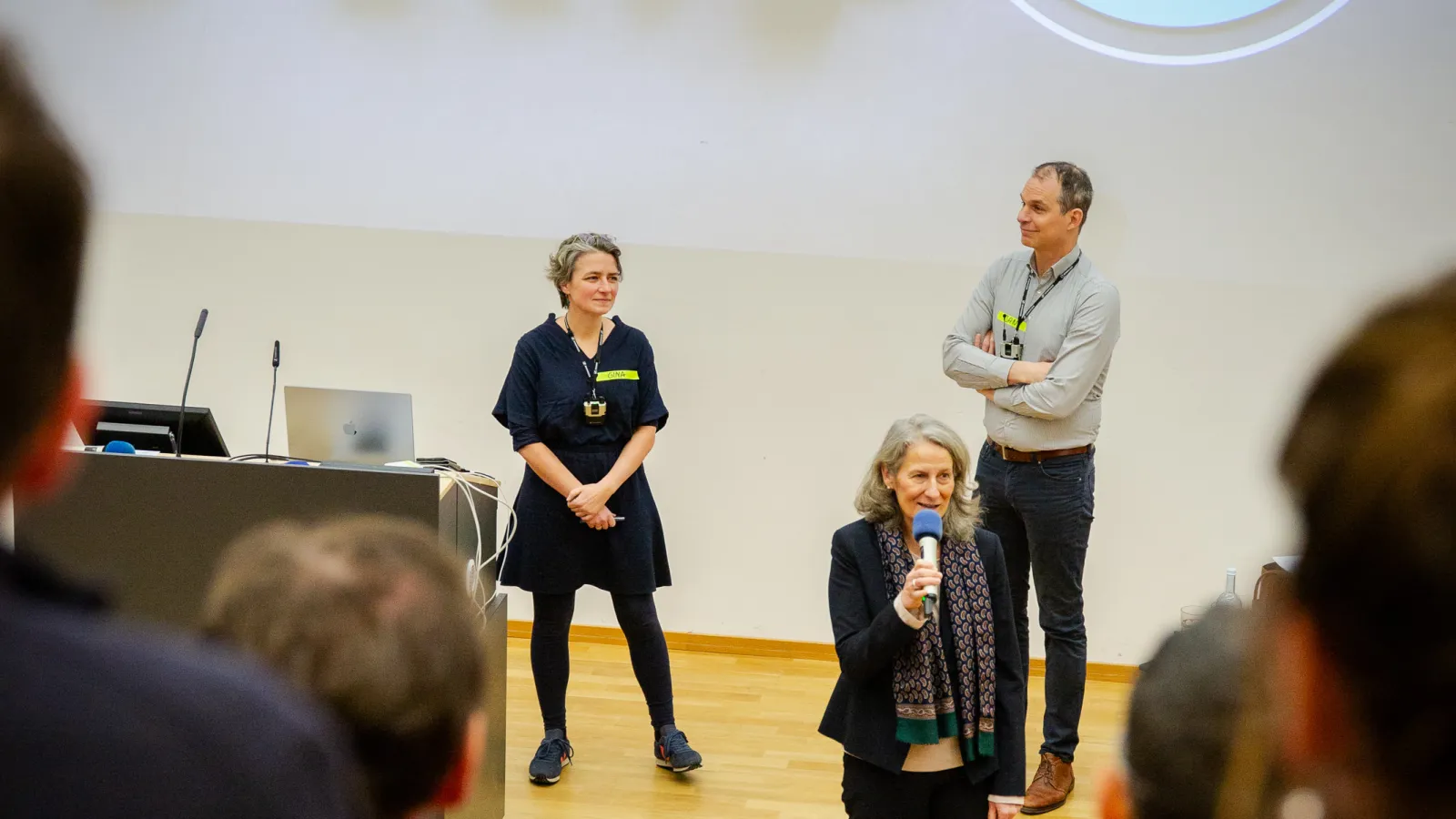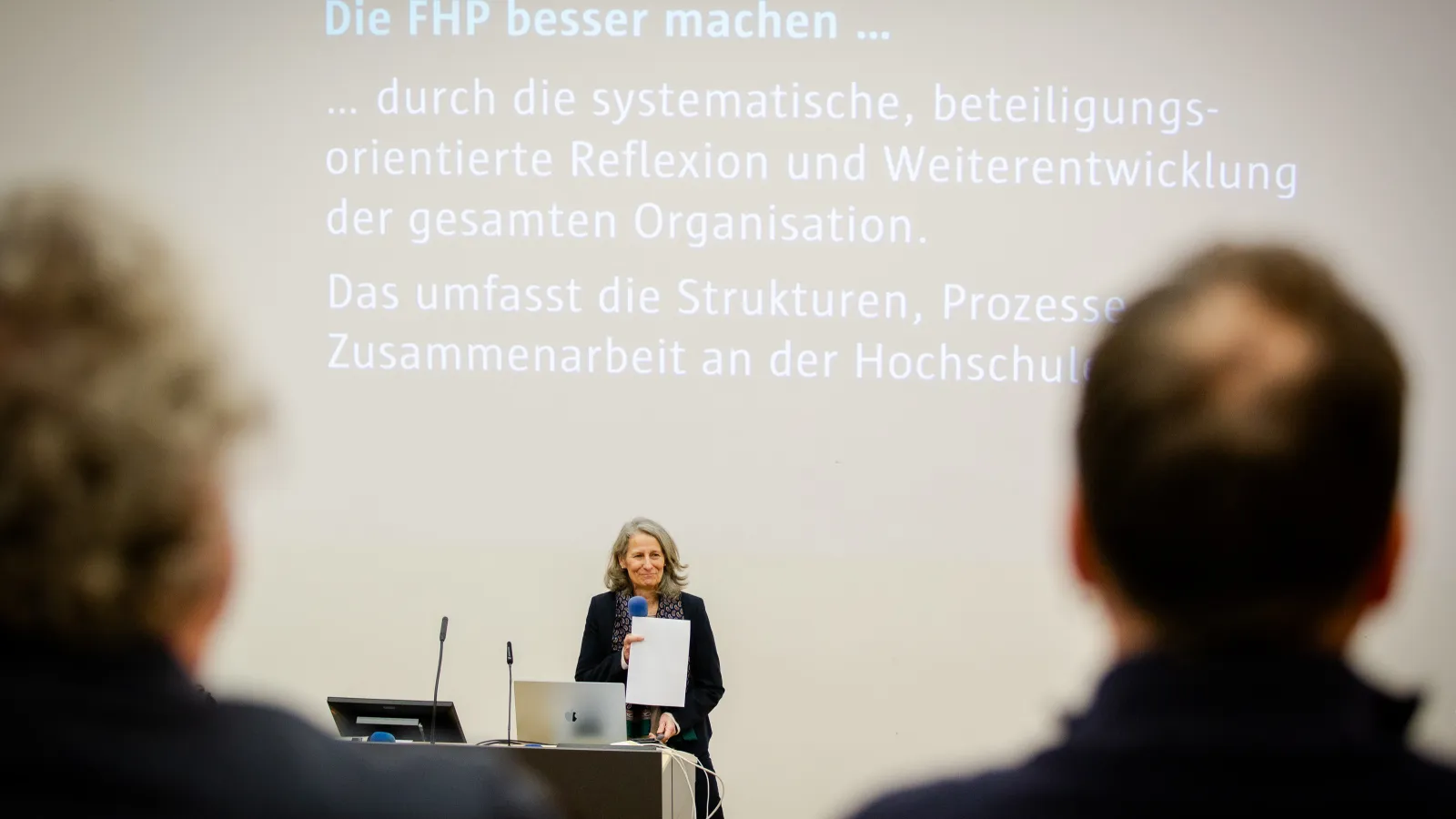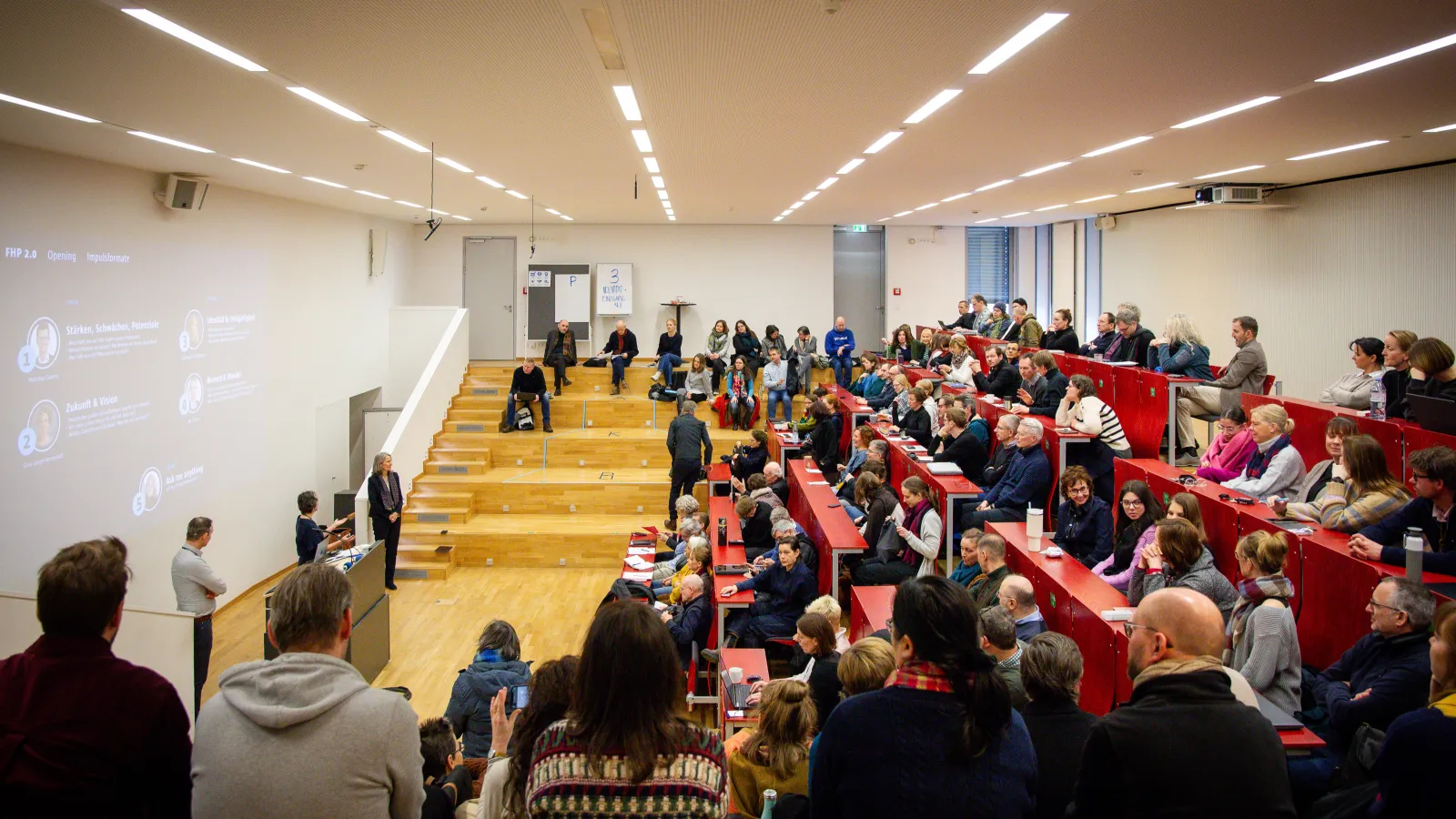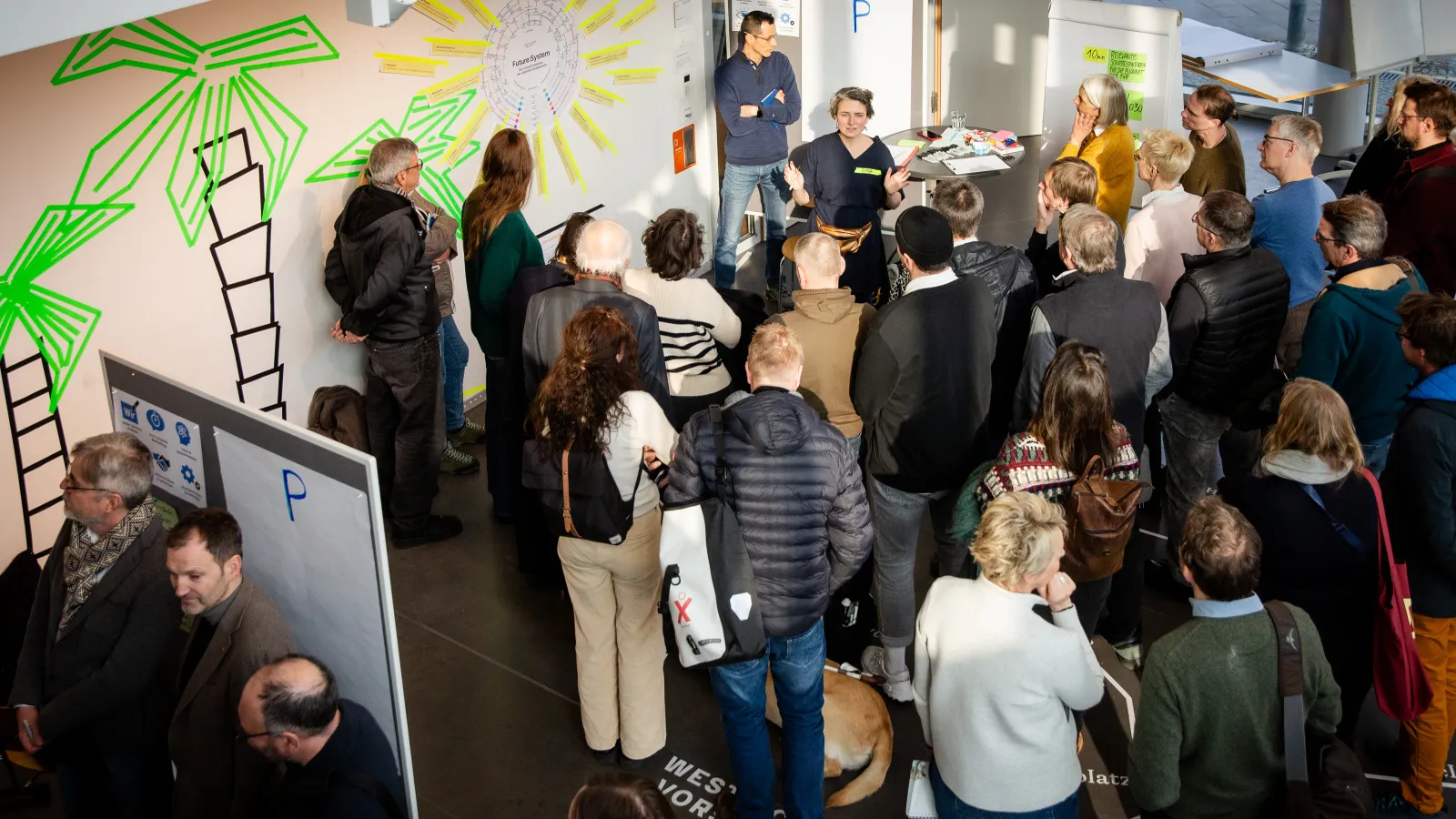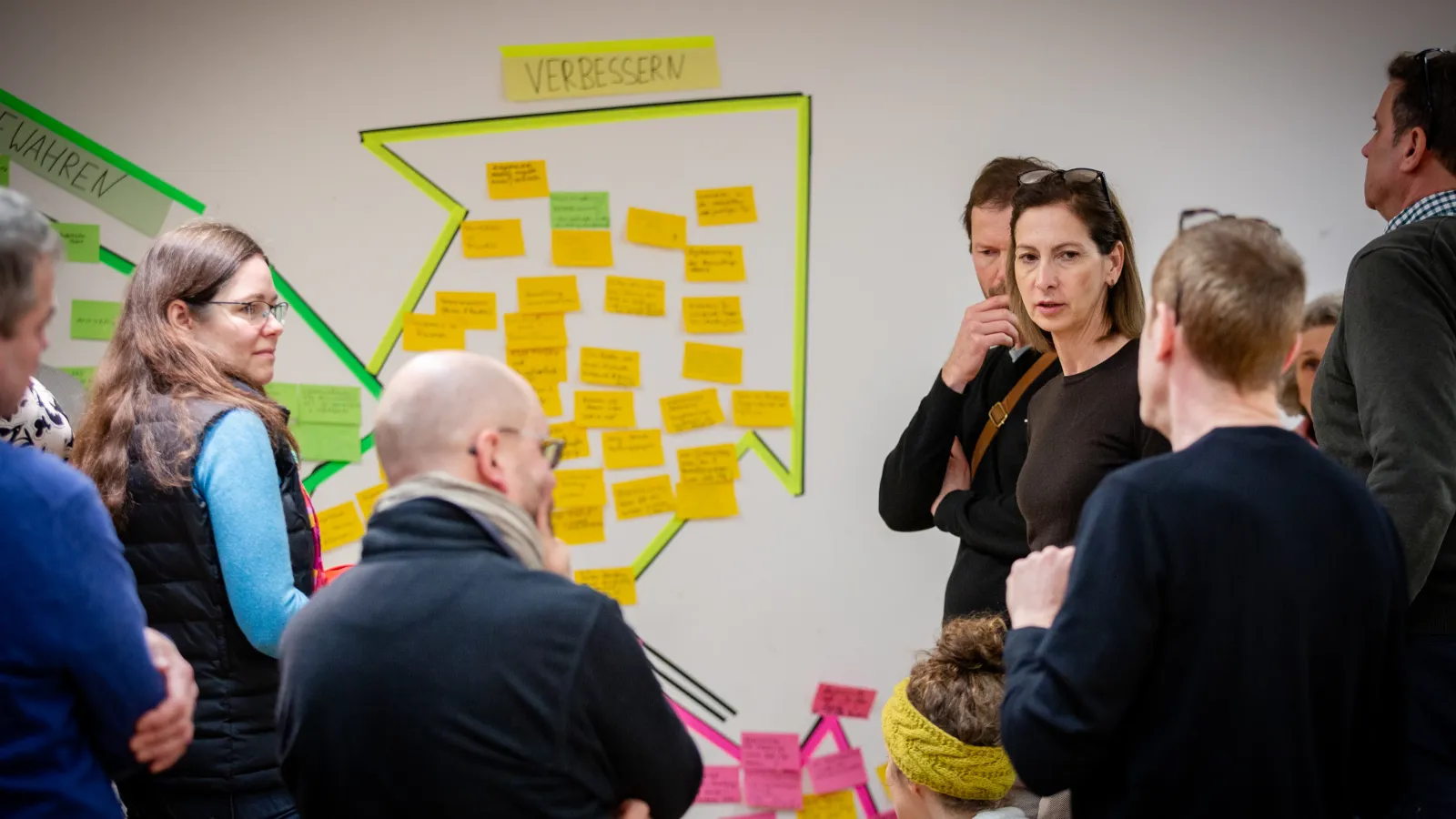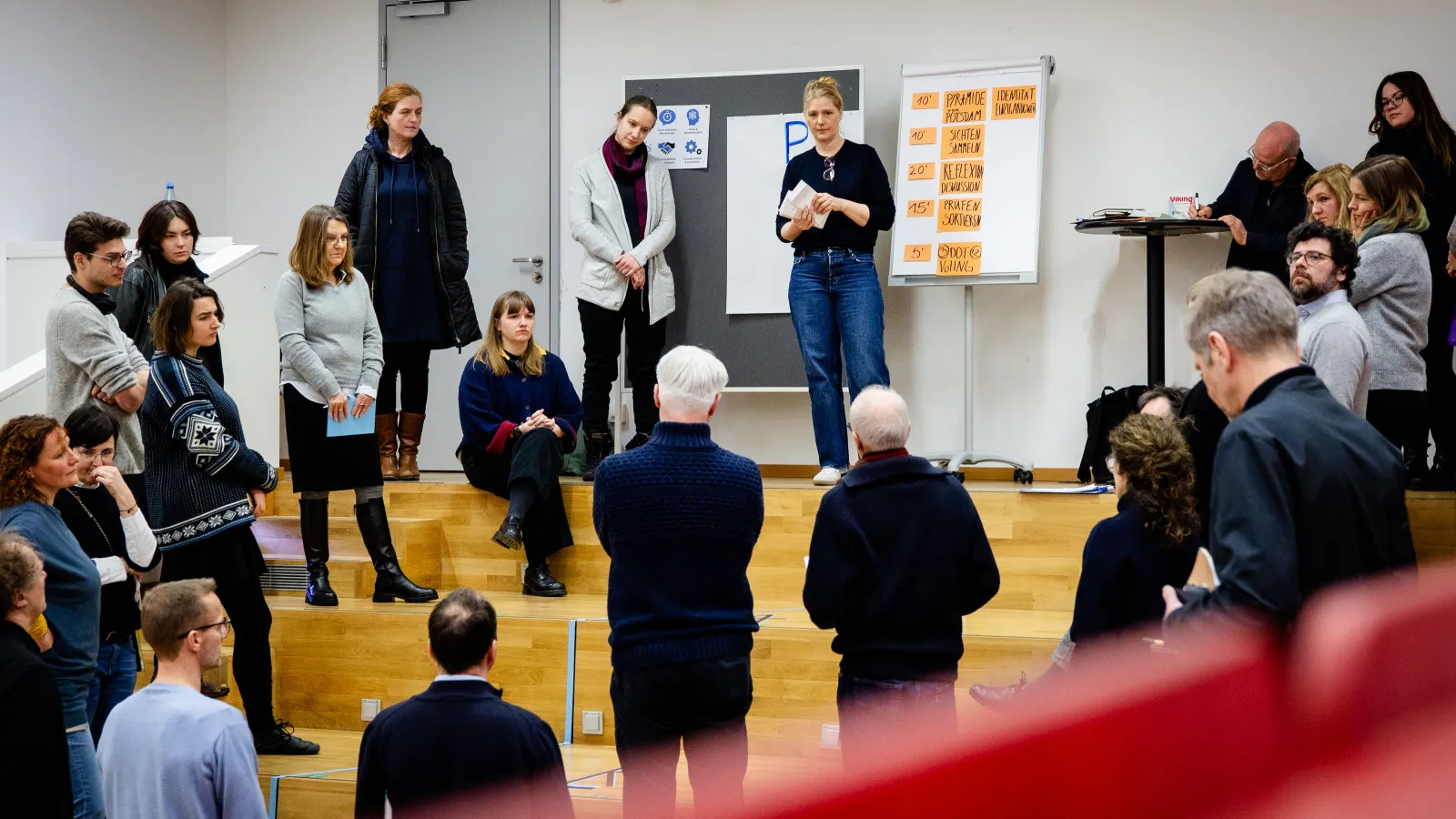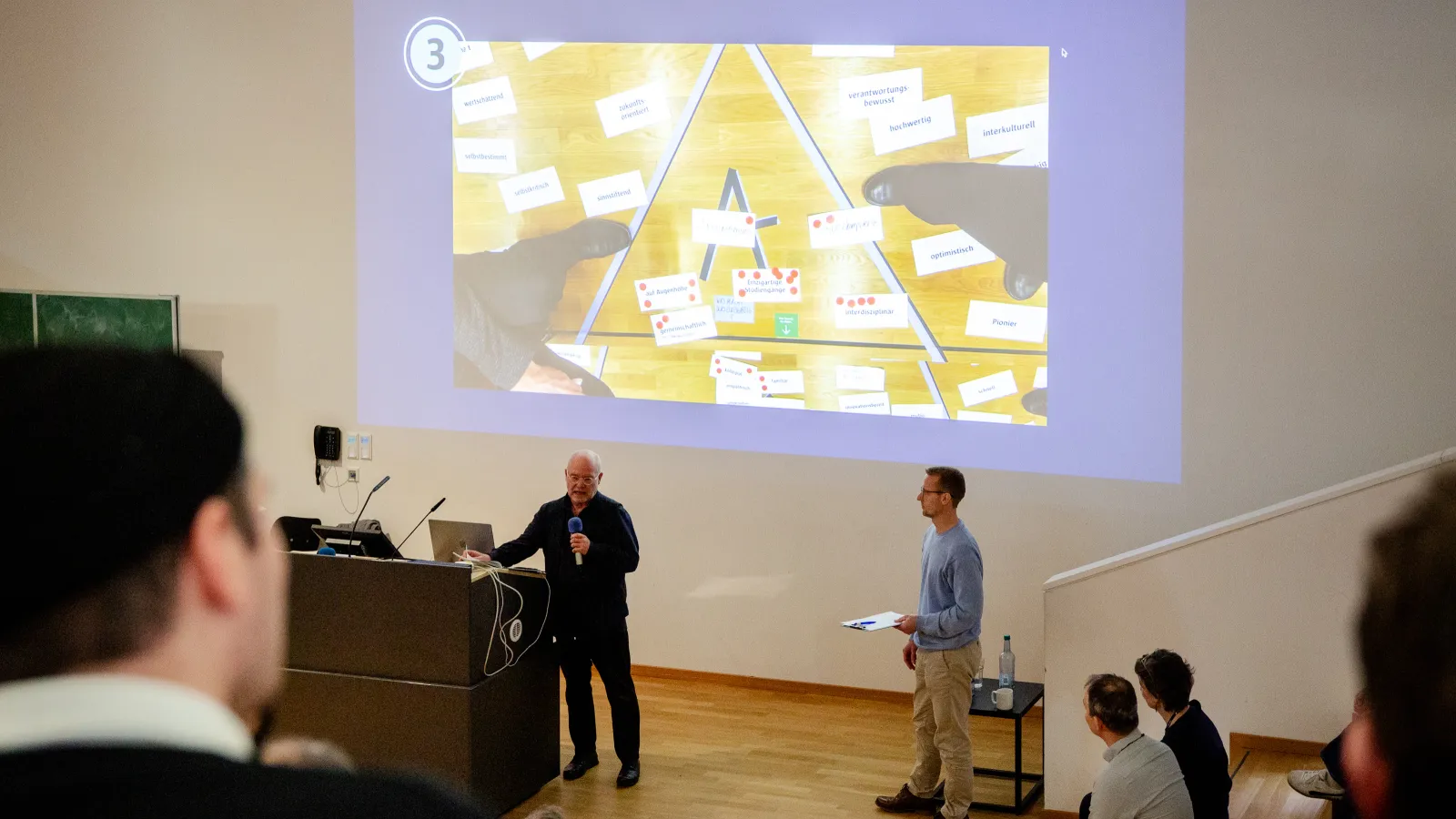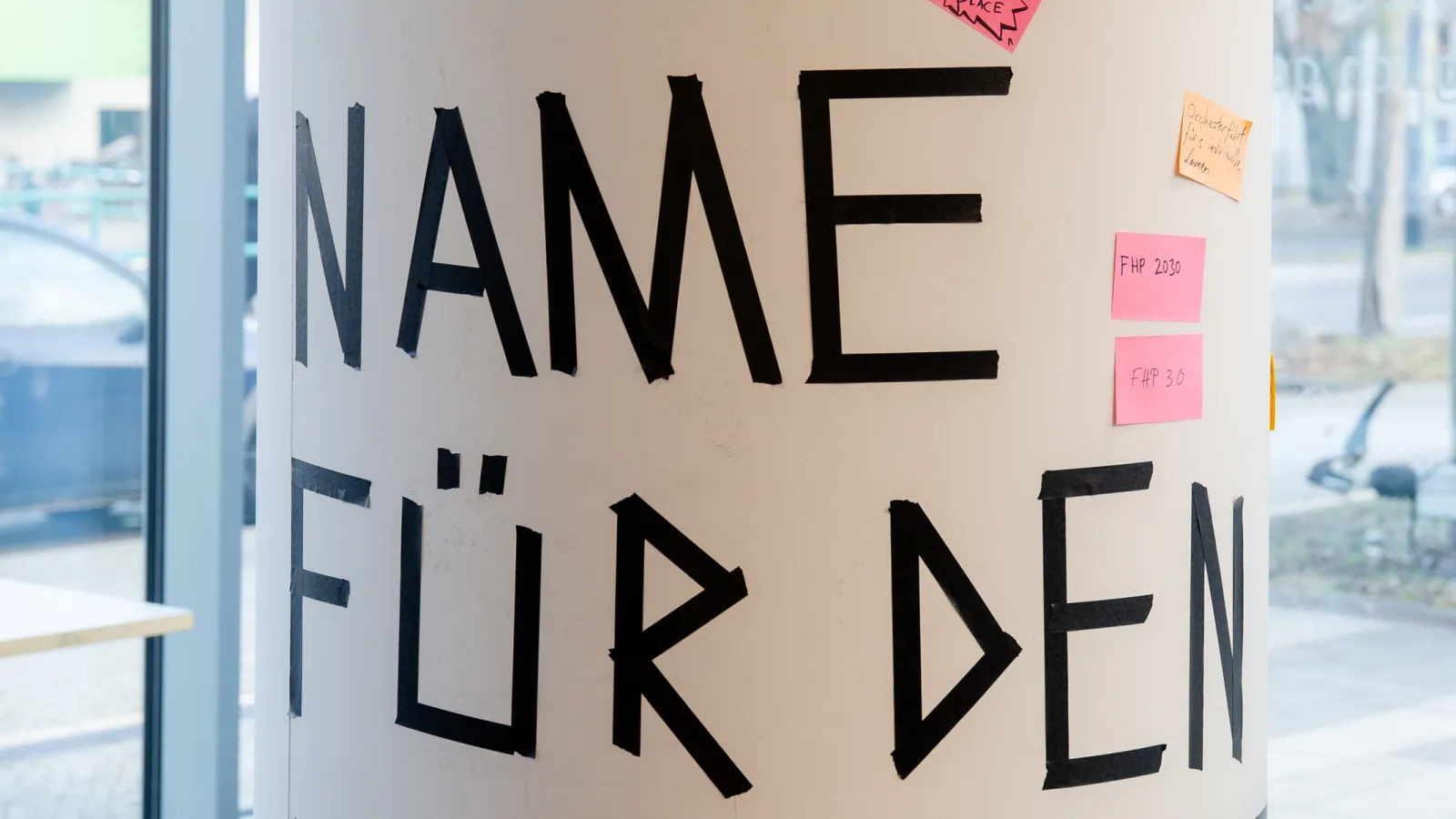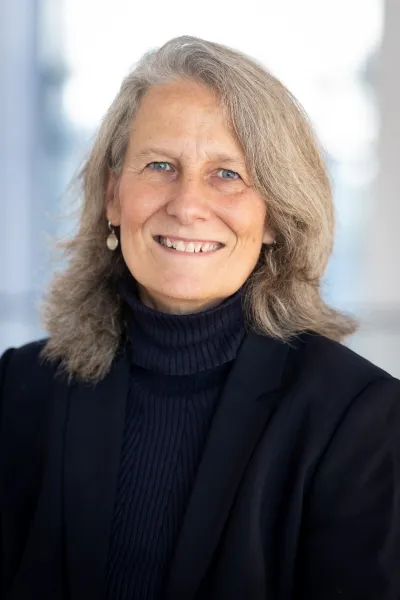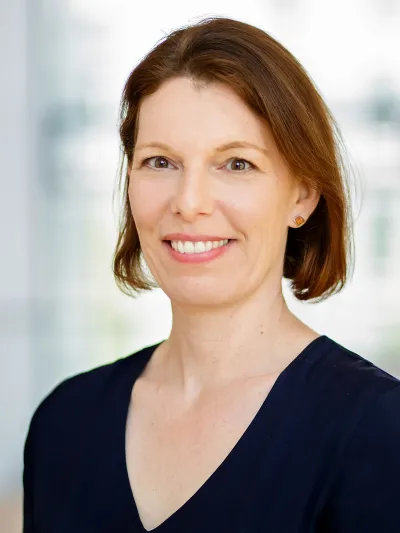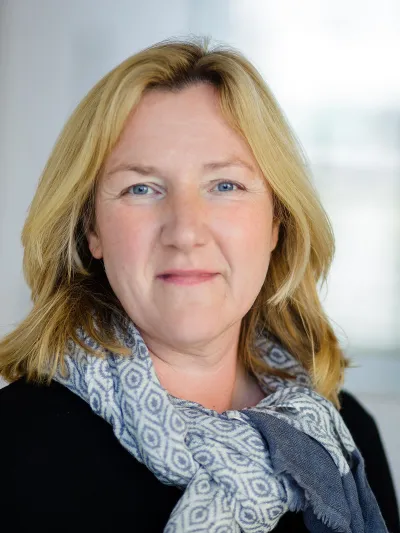Organisational Development Project – FHP 2.0
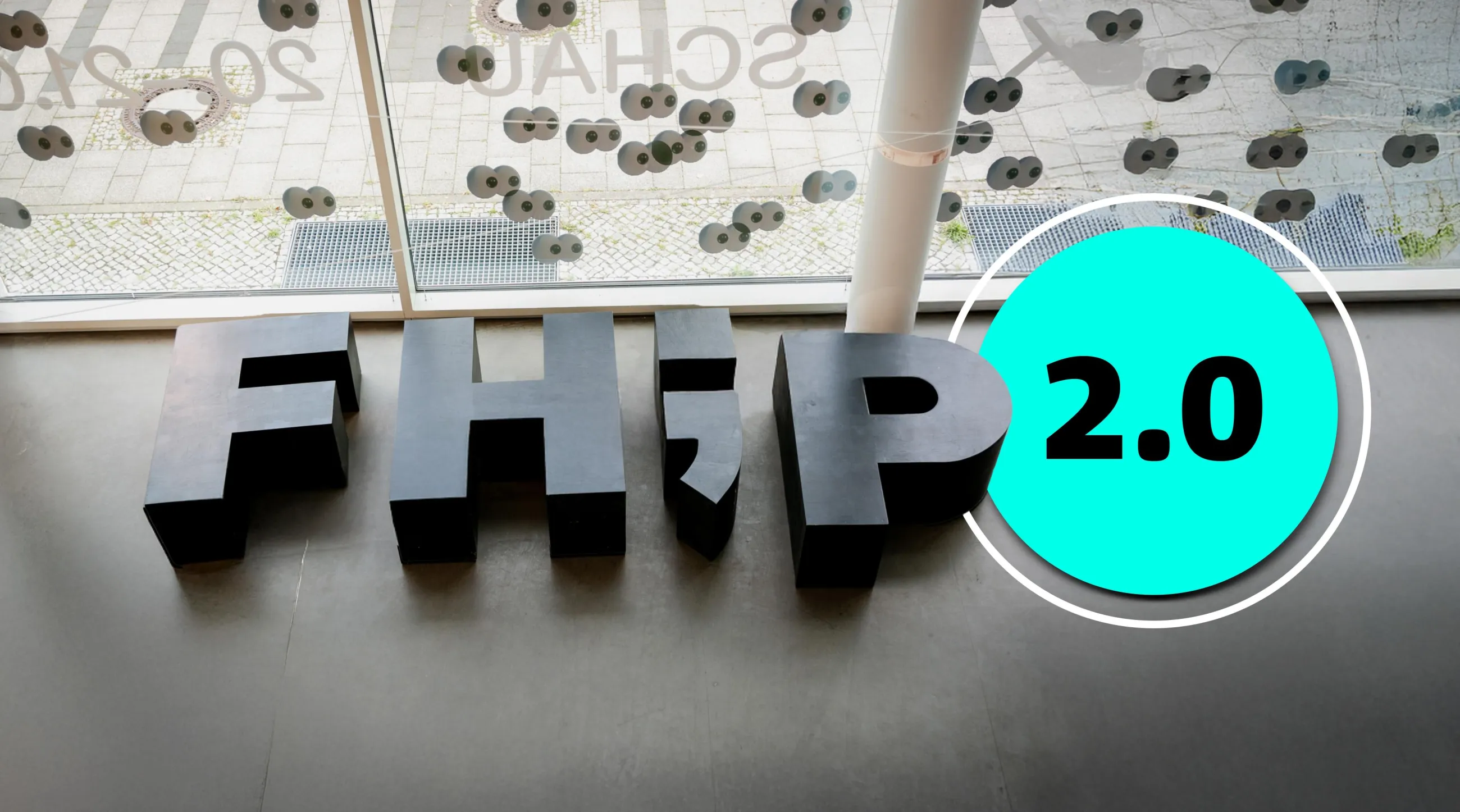
With the organisational development project "FHP 2.0", the university has set out to reform its internal organisation. The aim is to create scope for its strategic development and thus secure the university's future viability. The project is designed to be participatory and organised in the form of a waterfall model.
The project at a glance
Inspired by the review and recommendations of the German Council of Science and Humanities, the FH Potsdam will reform its organisational structure in the coming years. A concrete concept for this is to be developed by the end of 2026 and implementation will begin in 2027.
Goal
The aim is to secure the future viability of the FHP and to create the freedom to drive forward strategic development.
Duration
The project will run for the duration of the university contract (2024 to 2028).
Structure & participation
The project structure provides for working and decision-making bodies with specific roles and responsibilities and continuous involvement of the university public.
Strategic reorganisation at the FHP: Initial situation
The FHP is facing a significant development: in order to help shape the world of tomorrow and remain successful and capable of acting as a university, it will reduce the number of its basic organisational units.
What happens when
Two sub-projects are planned:
- The first sub-project is dedicated to conceptualisation and implementation planning (duration: Q1 2024 to Q4 2026).
- The second sub-project deals with the actual implementation of the agreed structural reform, which is scheduled to begin in 2027.
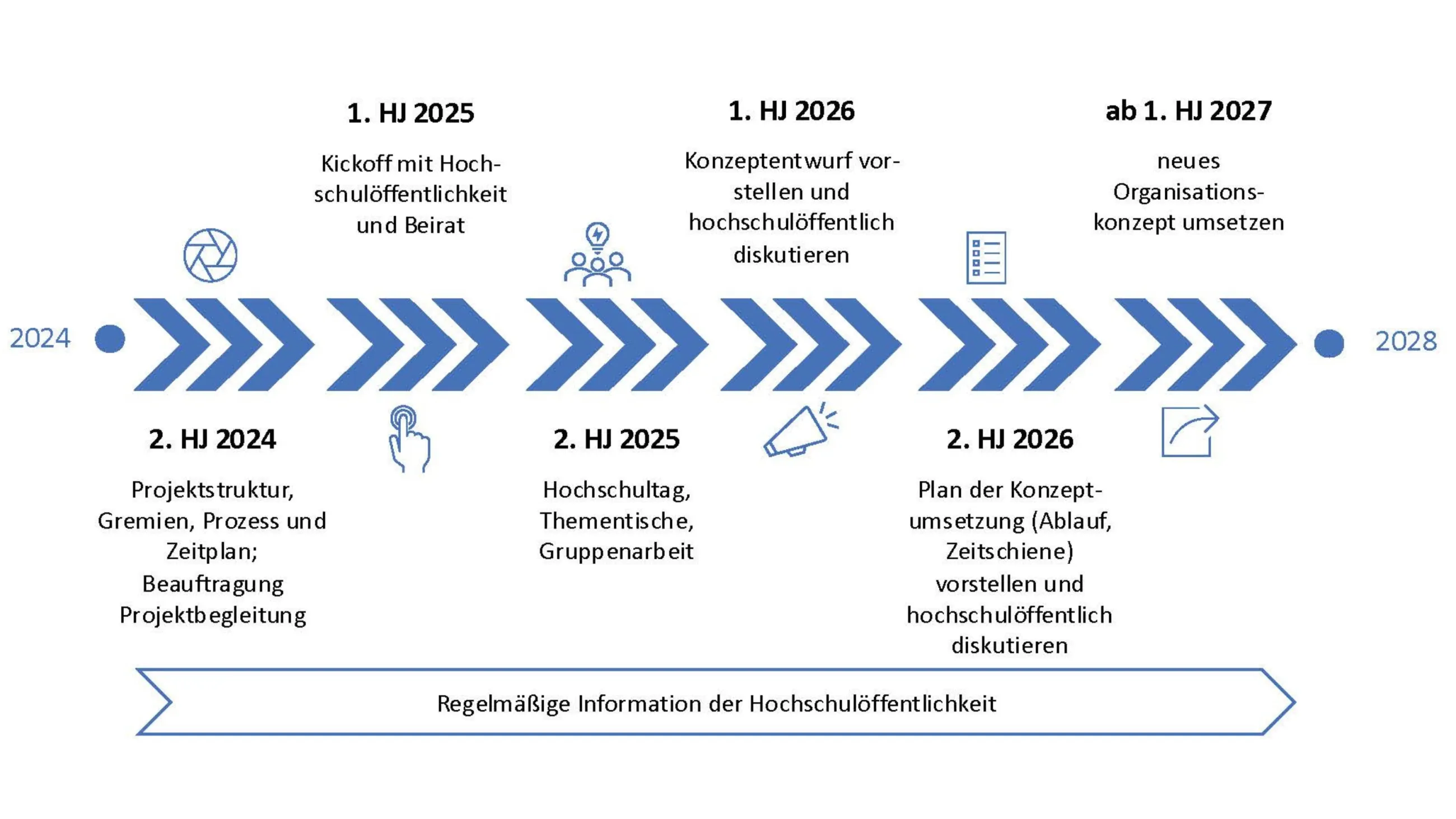
Impressions: Kick-off organisational development project FHP 2.0
On the 12th of February 2025, we kicked off our FHP 2.0 organisational development project under the motto "Helping to shape the FHP of tomorrow". Together, we collected and discussed ideas and provided initial impetus. Below you will find an insight into the event.
Dates
More eventsFHP 2.0: Online Lecture Series with Keynote Speeches on Selected Organisational Models
FHP University Day: Further Education Format in the Context of the Organisational Development Project FHP 2.0
Project structure & roles
As project manager, the president is responsible for the project and for achieving the project goals; she has the authority to issue guidelines.
Below you will find an overview of the distribution of roles and tasks within the project.
Important documents
- Projektbeschreibung Organisationsentwicklungsprojekt FHP2.0.pdf (PDF, 101.88 KB)Das Dokument beschreibt das Vorgehen in den ersten drei Projektphasen. Es wurde von der Steuerungsgruppe beschlossen und vom Senat am 4. Dezember 2024 zustimmend zur Kenntnis genommen.
Further information
Contact us
You can reach the project team at: fhp2.0@fh-potsdam.de
